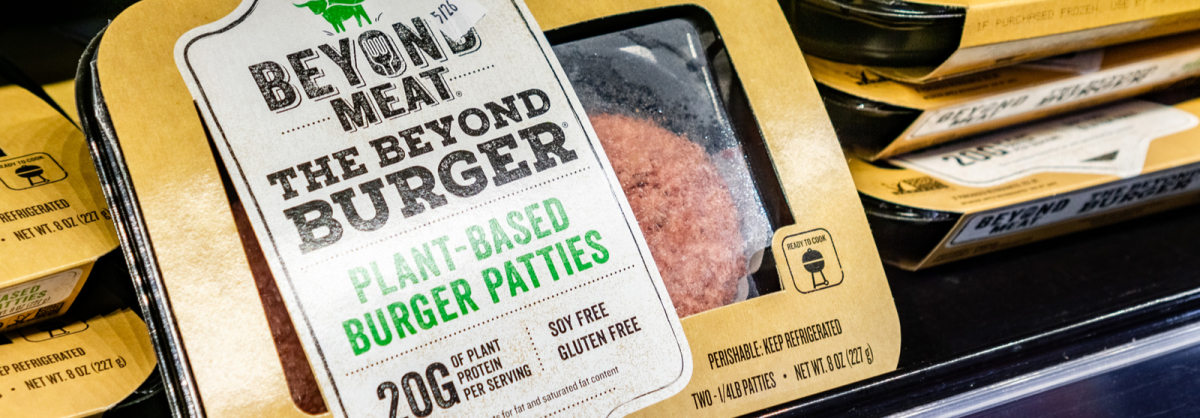Conventional wisdom is that burgers and cannabis are probably bad for our health. However, with recent breakthroughs in meat-alternatives and medicinal cannabis products – opinion seems to be turning. However, we still think that investing in IPOs in the current market might not be the best thing for your financial health.
Last month, Ashley spoke about the recent rise and fall of WeWork, and how the collapse of its IPO saved retail investors from buying into this overvalued and over-hyped business.
People often ask us whether we are investing in one of the new IPO's, where a company lists on a stock exchange for the first time. There have been many successful IPOs over the years like Amazon, Google and Facebook. But many more have not been so successful. In fact, over the last ten years an index of IPO's has underperformed the broader market, while having higher volatility in returns. We think that lower returns and higher risk is not a great formula for successful investing.
Many recent IPOs have exhibited bubble-like behaviour. And like all bubbles, they eventually burst bringing stock prices and unfortunate investors down with it.
Investors need to avoid, or tread carefully around these areas, and we think active management can really help in this environment.
Exciting new companies do not always make great investments
Beyond Meat makes plant-based burger patties and sausages that are closer to the taste and texture of meat than existing alternatives. There is growing concern around the health impact of meat-heavy diets, but also the significant environmental consequences because animals require a lot of land, feed and water to grow. As a result there is a huge opportunity here – with global meat sales worth around $2 trillion annually, even getting a small part of that onto alternatives is a big market.
The cannabis market also saw similar story unfold with the IPO of Tilray, a leader in the fast-growing medicinal cannabis industry.
Both of these companies exhibited the underlying characteristics we often see in bubbles. A new disruptive technology or product with potentially huge market opportunities. Revenues were growing fast and both companies were in all the news headlines driving widespread awareness and higher share prices.
People who feared missing the next big thing also bought in, which drove share prices up further. Valuations were increasingly detached from the underlying fundamentals. Beyond Meat was up almost 10x 2 months post IPO. That was eclipsed by Tilray, which surged nearly 17x over a similar period.
Eventually reality set in. These companies were both making substantial losses that were getting bigger even as sales grew. In fact, 80% of IPOs during 2018 were for loss-making companies, drawing comparisons with the dotcom boom when we last saw similar levels.
The potentially large market opportunities also attracted competition. Multi-national food companies like Nestle and Unilever created their own plant-based meat alternatives. Tilray is now facing competition from dozens of new entrants.
Many companies that have listed in recent years have sustainable underlying business models – however the valuations imply some very bullish assumptions around future growth and profitability. Other IPOs have more question marks around the sustainability of the business model, especially once the era of easy money ends and they can no longer fund the ongoing losses.
So what can we take away from all this?
Firstly, IPO's are not a way to make easy money. A lot of due diligence is required to assess which IPOs are good investments and which are hype. This is where the importance of having an investment process comes in.
Our STEEPP research process places a lot of emphasis on the long-term sustainability of business models and helped quickly screen out names like Beyond Meat and Tilray.
While we do look at IPOs, we generally think our time is better spent looking for ideas among the thousands of existing companies with proven track-records, that are growing sales while making profits.
Similarly, individual investors can benefit from sticking to their long-term financial plan, rather than chasing the latest shiny new thing.

